Ned Breslin: Lessons From Polio
One of my best friends fell victim to polio as a child, as he describes in this Frontline story from PBS.
In the above video, Feliciano dos Santos is described as “one of Mozambique’s best known musicians,” though his lyrics are a bit unconventional. Santos uses his music to, among other things, teach villagers about good hygiene, because he knows firsthand what can result from waterborne illnesses.
That’s because Santos is not just a musician — he’s also the executive director of ESTAMOS, a wonderful non-profit, that focuses on HIV/AIDS, as well as water supply, sanitation, and hygiene (WASH). ESTAMOS, under the decisive leadership of Santos, has transformed many lives in the far northern Niassa Province, commonly known as the “Siberia of Mozambique.”
I spent 7 years in Mozambique, working and learning from Santos. I remember once when he stopped a show in a village, because an older man was having health problems. Santos knew that he himself was the only person who had an available vehicle to get the man to a clinic, and the show no longer mattered anymore.
But I’ve also connected with Santos on a personal level. I have shared many meals and watched many soccer matches with him and his family, and his deep love for his children is apparent. Taking after Santos’ talent for music, his son is a promising drummer in a band that Santos mentors. This is just one of the ways that he stays connected, though he cannot run and play with his children as he might like to.
Santos, who lost part of his leg to polio when he himself was a young boy, seems at peace, because he has faith that his children will not have to endure the same adversity as he had growing up. He told Frontline in 2008 of the challenges that he faced growing up, of the stigma associated with polio, and of how difficult it was for his future father-in-law to get over that stigma.
But, fortunately, polio is a disease that is fast receding from our global landscape.
The WASH sector could learn a great deal from the international effort to eradicate polio — spearheaded by Rotary International, the World Health Organization, the Bill & Melinda Gates Foundation, and many other organizations — which began by setting a clear outcome that was achievablee at a global level. They targetted the complete eradication of this dreaded disease, and they measured success/results based on the sustained movement towards that outcome.
In other words, these organizations were not willing to settle for anything less than everyone in the world being safe from polio: and, frankly, their work is the inspiration for Water For People’s Everyone Forever initiative.
I humbly suggest that the WASH sector look to polio eradication as a model of how to improve our impact considerably.
- One Collective Outcome: Polio-eradication agencies programmed, coordinated, and were judged on one collective outcome: to eradicate polio. They stayed focused on their programming and fundraising, proving that together it is possible to achieve a result and to demonstrate significant impact over time. Conversely, the water sector, in general, tends to focus on inputs, even though we all have mission statements that speak of eradicating water poverty — we talk about the need for more projects, more loans, more aid with vague notions of the outcome but with no real, systematic strategy to achieve that outcome. No one is truly saying, “We are putting our reputations on the line by eradicating water poverty in this region of the world.” The Sanitation and Water For All initiative is possibly a step in the right direction for the WASH community, but it needs to start moving to actionable, outcomes-based work soon or, I fear, it will lose credibility. Community Led Total Sanitation (CLTS) could make the case that it is trying to systemmatically achieve full coverage outcomes, as well.
- Partnerships: For the polio community, a clear focus on one collective outcome led to complementarity, sharing, and partnership that — while far from perfect — represents a significant step ahead of where we are in the WASH sector.
- Achieving That Outcome Over Time: The polio-eradication initative did not begin by establishing all the rules and approaches to polio eradication, nor did they wait until all the pieces needed to succeed were clear or fully in place. They did not have perfect policy. They did not have all the implementation partners in place. They did not even know how Africa was different from Asia or who would be needed in each place to make the program a success. They did not say “my approach is best,” but rather they realized that there would be different roads to the outcome, because, ultimately, it was reaching the outcome that mattered most, not who was best at getting there. Yes, common principles emerged over time, but no one group had a monopoly on an approach.
- Valued Monitoring: Monitoring has been essential to the polio-eradication program and has driven the initiative forward. All parties valued monitoring as a way to track results over time, and they tweaked their monitoring systems as they learned what were the better questions to ask and what were the bigger challemges to address. They did not get bogged down in the endless discussions on the “right indicators,” like that which dominates the WASH dialogue. Some may argue that the Joint Monitoring Program (JMP) is an attempt at a common diagnosis for the state of water and sanitation worldwide, but JMP results do not inform WASH programming as well as a sound global monitoring program could.
For example, the polio community monitored cases very closely. Here’s a wonderful Tweet that sums it up well:
@gatespolio FACT: Reported cases of #polio in #India in 1985: 150,000. Reported cases in 2011: 1
(Last week, we also learned that India had its first year without any new polio cases!)
Some, of course, would argue that polio eradication is completely different from water supply and sanitation, which is of course true —; but that response is simply defensive and misses the point.
The real question is whether or not the WASH sector is willing to take that leap to a commitment of full coverage, where investments made today are rigorously monitored over time — regardless of what impact that may have on an organization’s brand or reputation — so that the words contained in all of our mission statements move from the page to actual actions on the ground.
Click here to learn more and to sign the Everyone Commitment.
Ned Breslin
Follow Ned Breslin on Twitter.
Polio eradication may also shed light on a new type of philanthropy, where outcomes over time will be far better valued than short-term activities, such as completing project A or B or making X number of loans and having Y% of people repay those loans: I will continue on with this subject in a future blog.



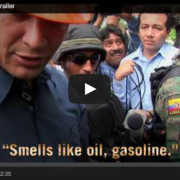
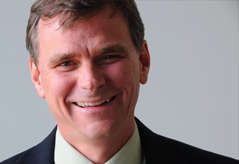
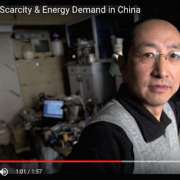


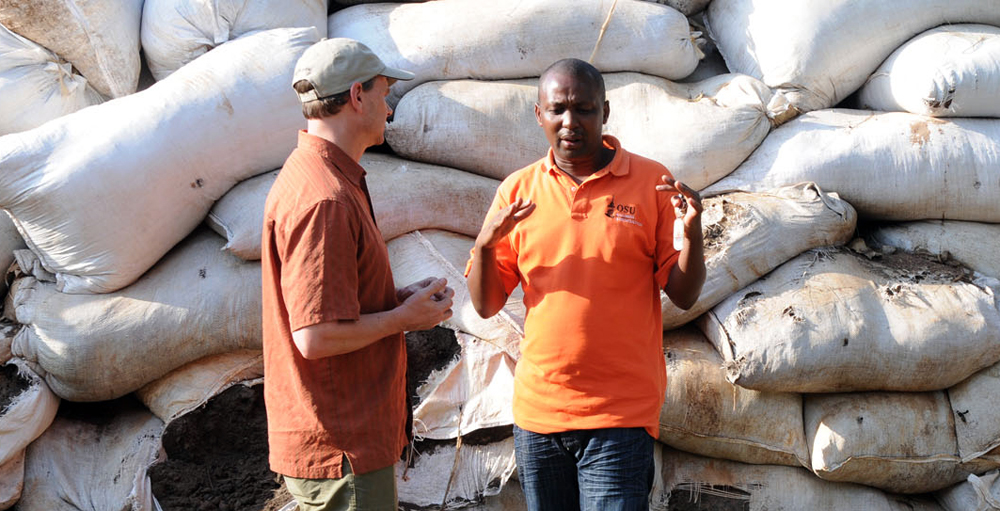


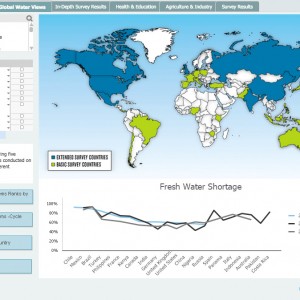
Ned – keep up with these great postings. I like the concept of “everyone” as that aspirational goal that we can all work towards. If we are relentless, we can solve public challenges like this! Thank you.